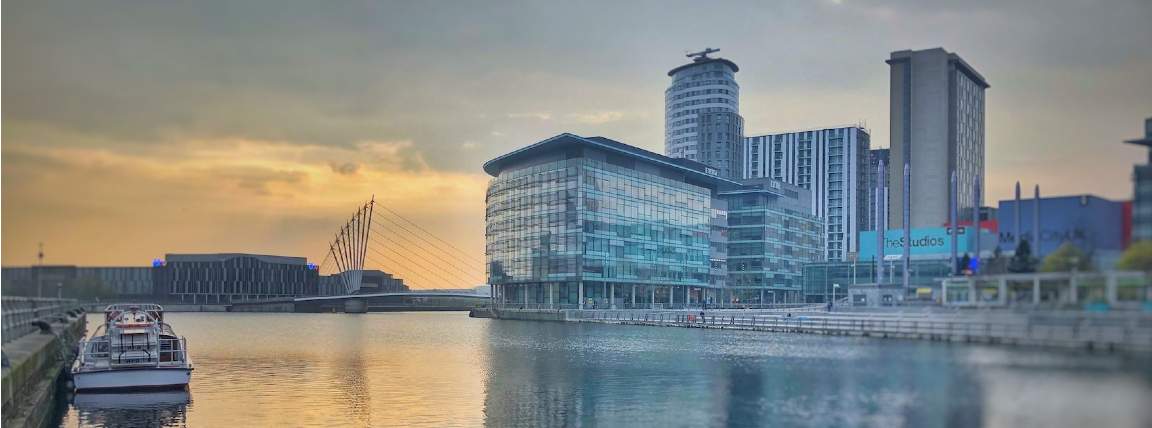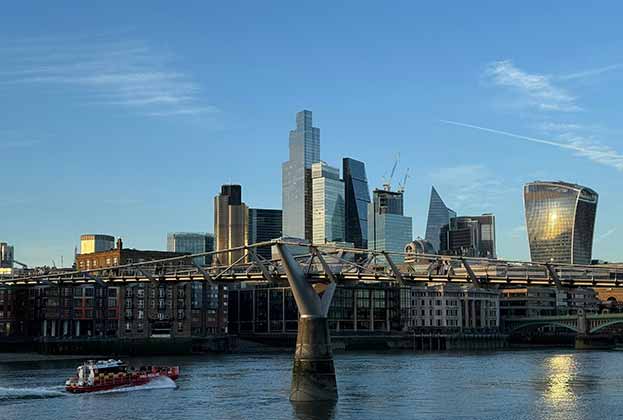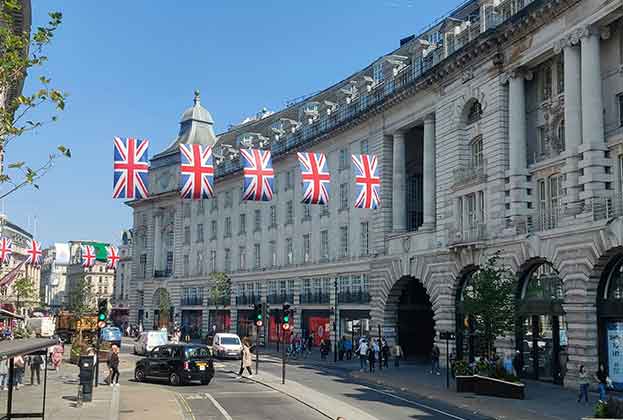‘Northshoring’ is back on the agenda and the Government is leading the way with the adoption of truly inclusive regional environments in open and modern workplaces.
With HMRC’s 13 regional sites confirmed, the Cabinet Office has now outlined plans to move thousands more public sector jobs, including senior roles, out of London by 2030, increasing 'the presence of government and major cultural bodies across the whole of the United Kingdom'. The move will result in a further 20 Government hubs in the regions by the end of this parliament in 2022.
However, post-Brexit, in the midst of general economic uncertainty, there is a strong case for a resurgence of northshoring within the private sector too. A desire for more non-core office locations could also lead to a more hub-and-spoke approach, allowing businesses to retain a basis of power in London, while also dipping their toes in a burgeoning northern city.
The relative affordable quality of living, public infrastructure and open spaces, coupled with strong higher education, makes key regional cities a good place for firms and investors to attract and retain a highly skilled workforce. For the British economy overall this must be a good thing, creating pockets of opportunity throughout the UK.
The BBC’s and ITV’s moves to MediaCity in Salford, pictured top, have been a catalyst for other creatives to flock to the region in the way they used to flock to London and we expect Channel 4’s move to Leeds will have the same effect. Manchester is also now home to some of the UK’s most exciting, fast growing tech, creative and digital companies. Recognising its growing appeal as a centre for innovation, Amazon opened a new office in Manchester at the beginning of the year, creating more than 600 jobs.
Although businesses often cite a lack of skilled workers as a barrier to growth ‘northshoring’ actually offers an opportunity to tap into a less saturated pool of talent. HSBC moved its retail arm from London to Birmingham at the start of 2018, with 88 per cent of its 2,000 jobs filled three months before the move.
Covid-19 is teaching us that there is freedom for us to reimagine what work looks like, and where it is located. In addition, as northern cities like Manchester, Birmingham and Leeds continue to be invested in, workspaces and amenities (including restaurants, bars and leisure facilities) are starting to rival those of London.
We expect Covid-19 will increase the depth of this talent pool with a rise in buyers searching for property outside the South East. In fact since June, 35 per cent of all houses sold in Cheshire, through Savills, were to London buyers in comparison to 2019’s 19 per cent. Average house deposits are 81 per cent less in the north compared to London, which is another catalyst for the migration of young talent north.
With an abundance of appealing regional locations, combined with an increased demand by office workers to live more rurally, the future of work could actually be brighter and more profitable for regional cities. A more balanced approach may also assist with helping the UK economy bounce back, invigorating regional cities and assisting in the creation of new businesses outside the capital.
Further information
The return of UK companies northshoring their offices?


(1).jpg)

.jpg)



.jpg)

